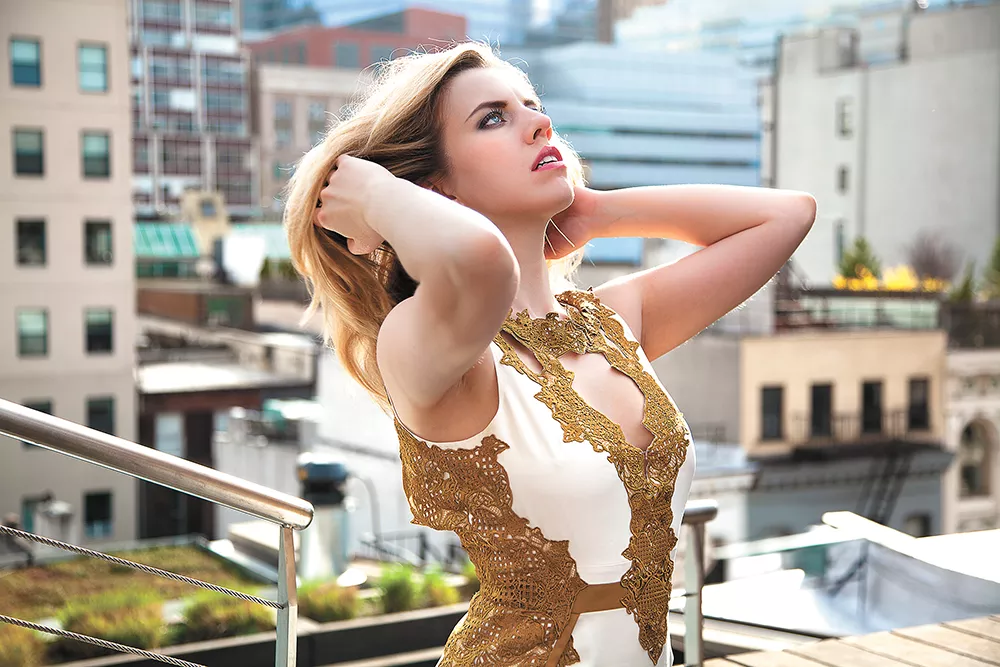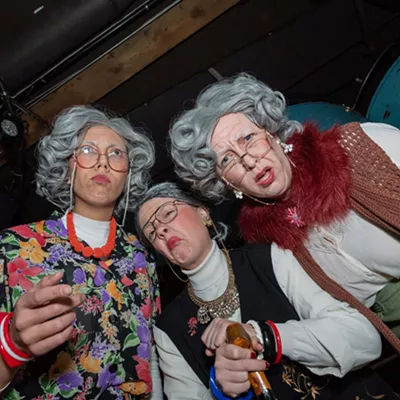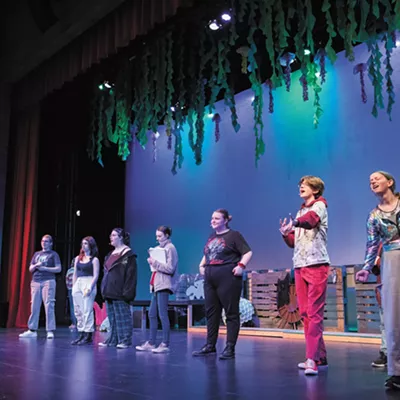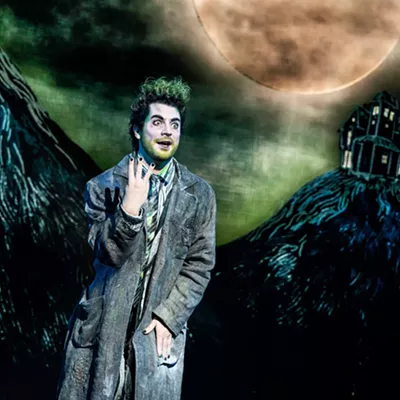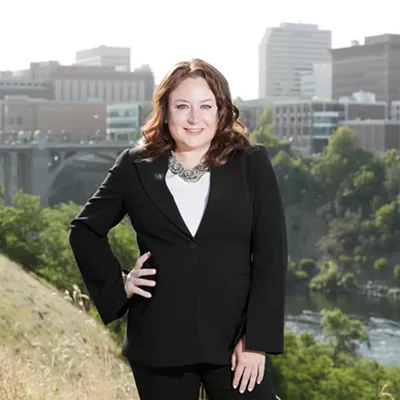Sergei Rachmaninoff composed a total of four piano concertos, the first three each spaced about a decade apart.
Of these, two have gradually percolated to the top of the classical canon: the improvisational and technically daunting Third, a favorite of the composer himself, and the arresting, evocative Second, which later entered popular culture through — to give just one example of many — 1955's The Seven Year Itch. In Billy Wilder's film, it's the piece Tom Ewell's character daydreams of using to seduce Marilyn Monroe, though she in fact prefers Chopsticks to "good ol' Rachmaninoff."
The relative popularity of those two piano concertos has tended to overshadow Rachmaninoff's First, written when he was just a teenage student at the Moscow Conservatory. Young Sergei was upbeat and optimistic at the time, still a few years away from the critical catastrophe of his Symphony No. 1, an event that plunged him into a prolonged depression from which his well-received Second Piano Concerto would eventually help him emerge.
Moscow-born pianist Natasha Paremski is performing the composer's Piano Concerto No. 1 as part of the Spokane Symphony's Heart of Russia concert, the 10th and final in this season's Classics series. She says that the distance separating the Rachmaninoff's First Piano Concerto from his Second should be measured in life experience, not years.
"To me, they're like night and day," she says. "They came at two very different times in the composer's life. With the second, he was on a very different journey in his life as a person and as a composer. The first concerto ... was basically an assignment, and the assignment was that you were to model it after a similar form, meaning another piano concerto. In Rachmaninoff's case, this was [Edvard] Grieg."
The resulting work was "pure innocence and joy," Paremski says, with "elements of jazz" in the opening riffs of the second movement. In the second concerto, by contrast, "there's a cloud, there are scars, there's turmoil."
The two consecutive concertos might be worlds apart, but that doesn't mean that the first can be written off as an interesting piece of juvenilia. Although Rachmaninoff was personally compelled to revise it in 1917, Paremski says that the composer's "harmonic voice" and "insane gift for melodic writing" is already apparent in this early work.
"Can you think of any 18-year-old who could write melodies like that now? We feel like we're so advanced, but could anyone even sit down and write [a melody] that's so original? And then on top of that, you take this very specific Rachmaninoff harmonic language that he's already starting to realize and play around with. You can tell that this is an extremely advanced pianist writing fairly virtuosic stuff. It's not 'Rach 3,' but it's more than Grieg."
Along with the Piano Concerto No. 1, the symphony will be performing Tchaikovsky's Symphony No. 1 in G minor (Winter Dreams) and Mikhail Glinka's Kamarinskaya, named for a traditional Russian folk dance that begins slowly and increases in tempo. The all-Russian program is a "sure thing" for audiences, Paremski says, because of the singular qualities of that country's music.
"If you were to make the distinction, German music is a little bit more restrained, even in its Romanticism — save for the chaos of Schumann, and certainly Brahms can be extremely lush. But if you're looking at Beethoven, you're looking at a bit more reserve. And with French [music], it's always mysteriously sensual and impressionistic," she says.
"With Russian music especially, there is a big emphasis on melody, because in its nature it's a very melodic culture. If you look at all the folk singing and folk songs, they're very melodic." So when musical compositions like the Kamarinskaya or the final movement of Tchaikovsky's First Symphony draw inspiration from those folk elements, alluring melodies are almost bound to be swept up in the net.
But melodies aren't the only incidental catch. There's an inextricable sense of place and cultural identity, too. In Paremski's view, that makes Heart of Russia a particularly apt title for the concert.
"If you look at Rachmaninoff's history, he emigrated [to America] fairly early on and then at one point just never went back, and he was very melancholy about that," says Paremski, herself a Russian emigrant. "We all have things that we hold close to our heart. His music is the representation of the melancholy of the Russian soul."♦
Classics 10: Heart of Russia • Sat, May 12, at 8 pm and Sun, May 13, at 3 pm • Martin Woldson Theater at the Fox • 1001 W. Sprague • $17-$60 • spokanesymphony.org

